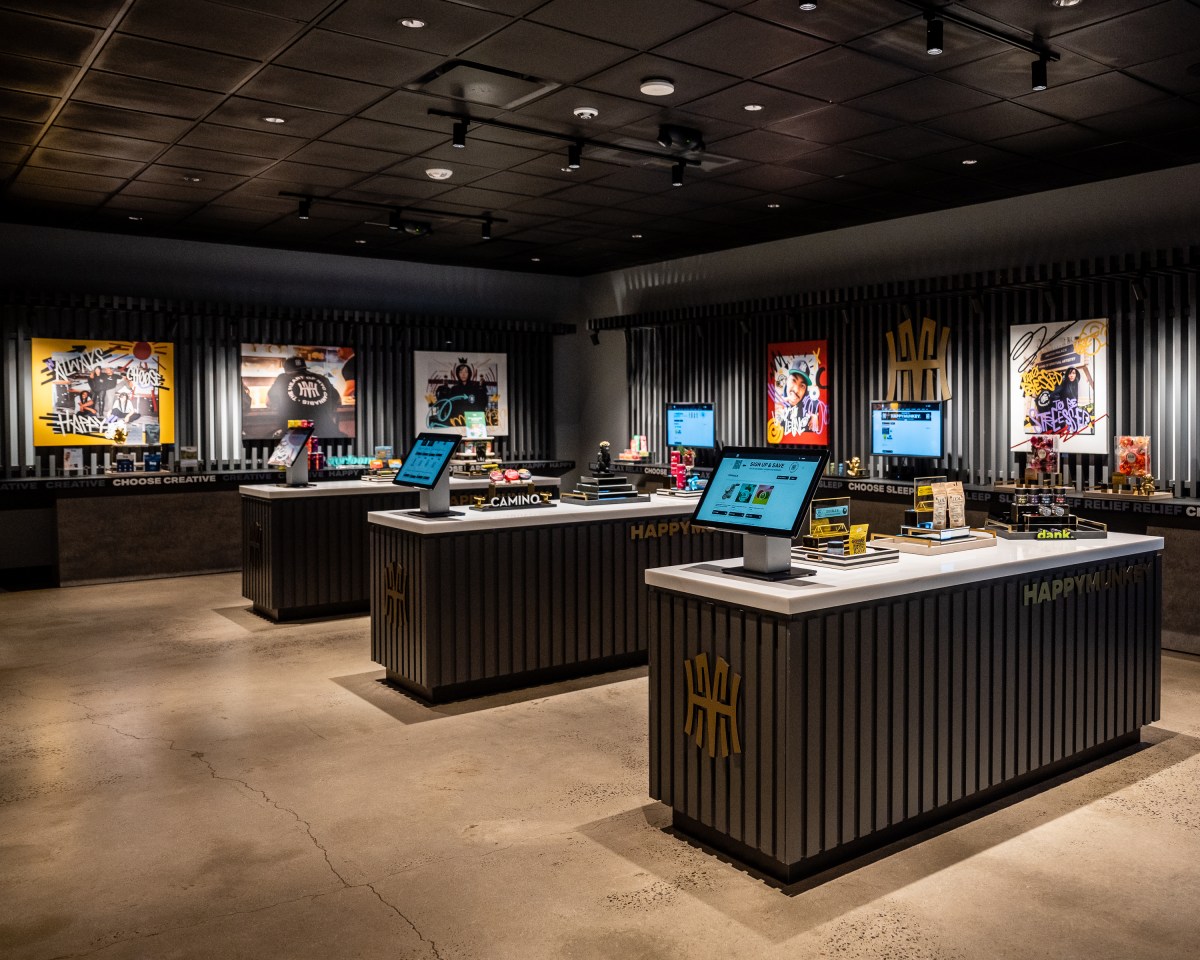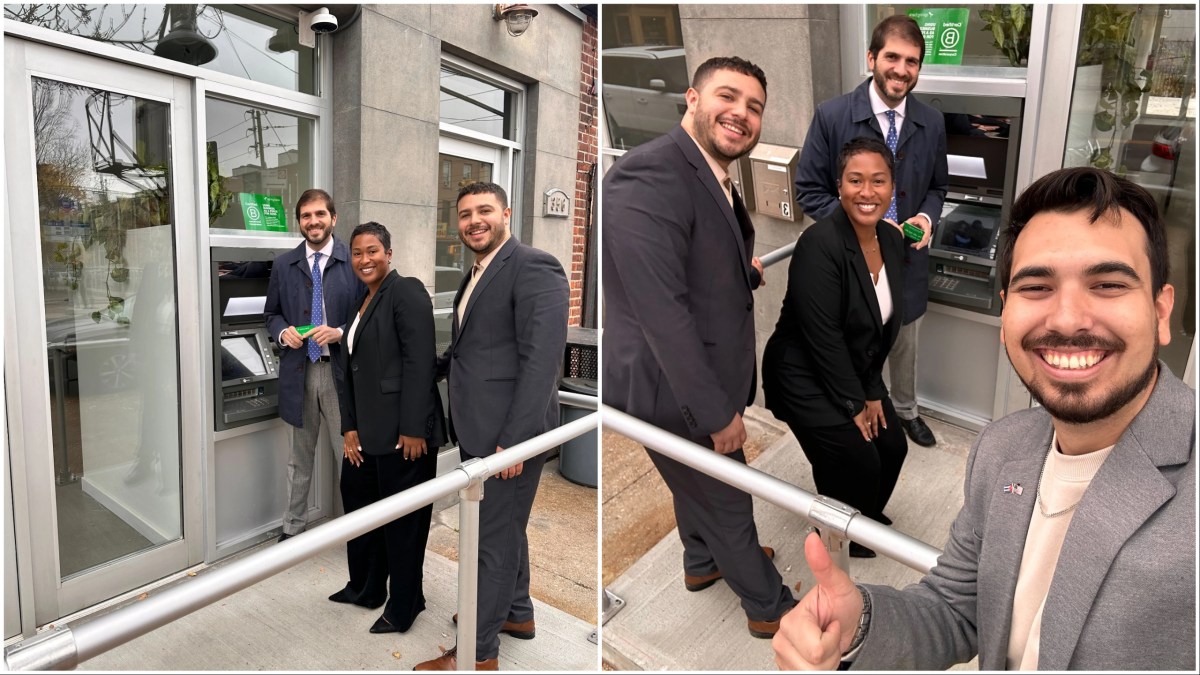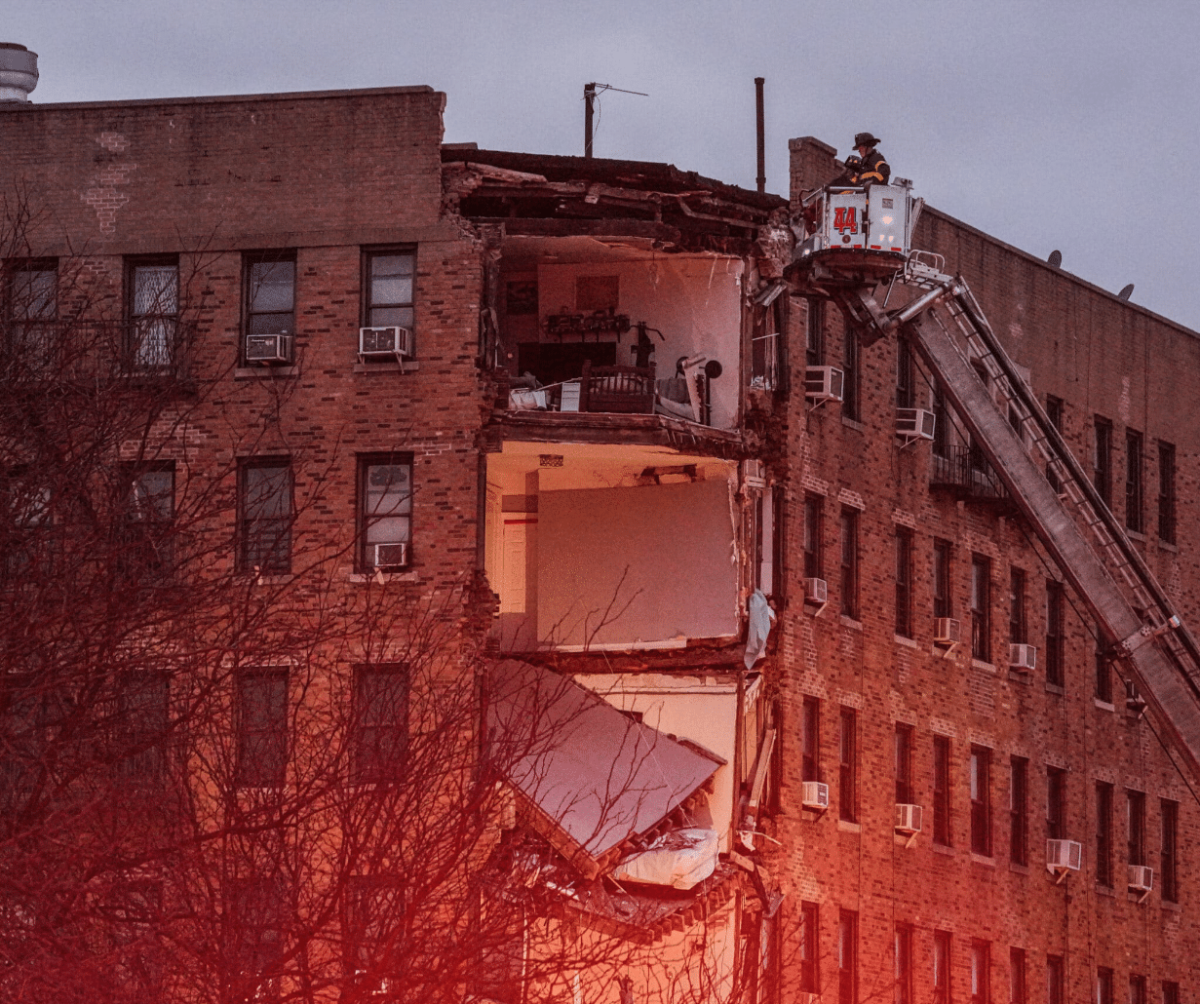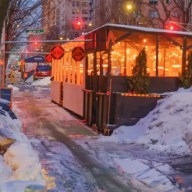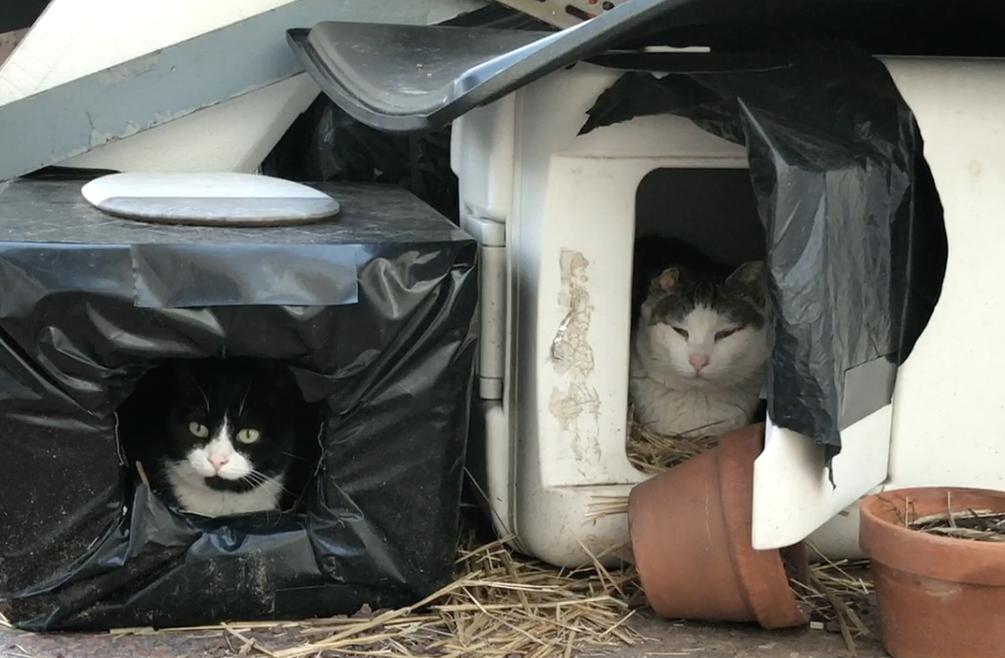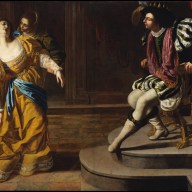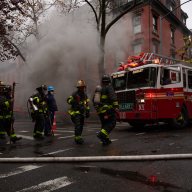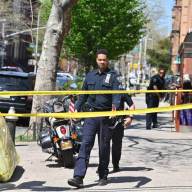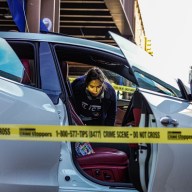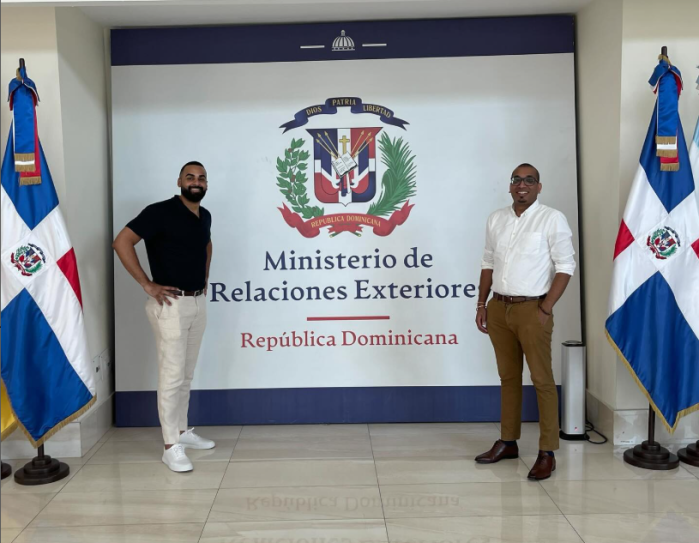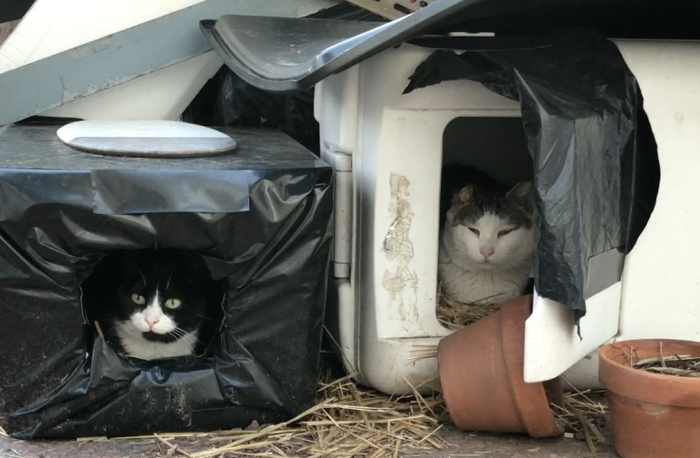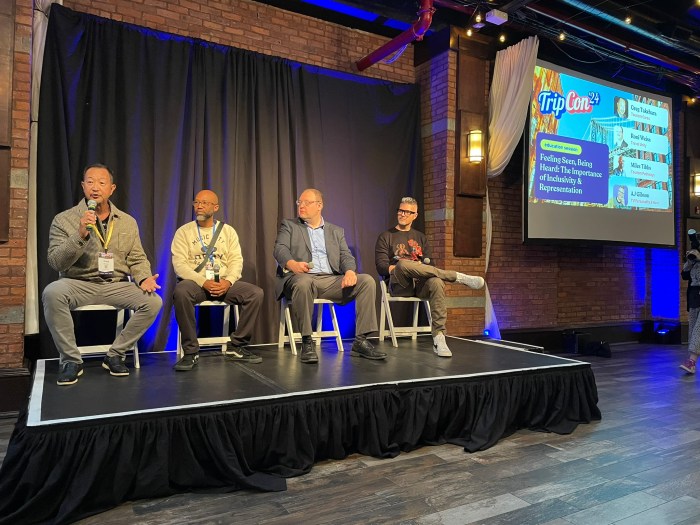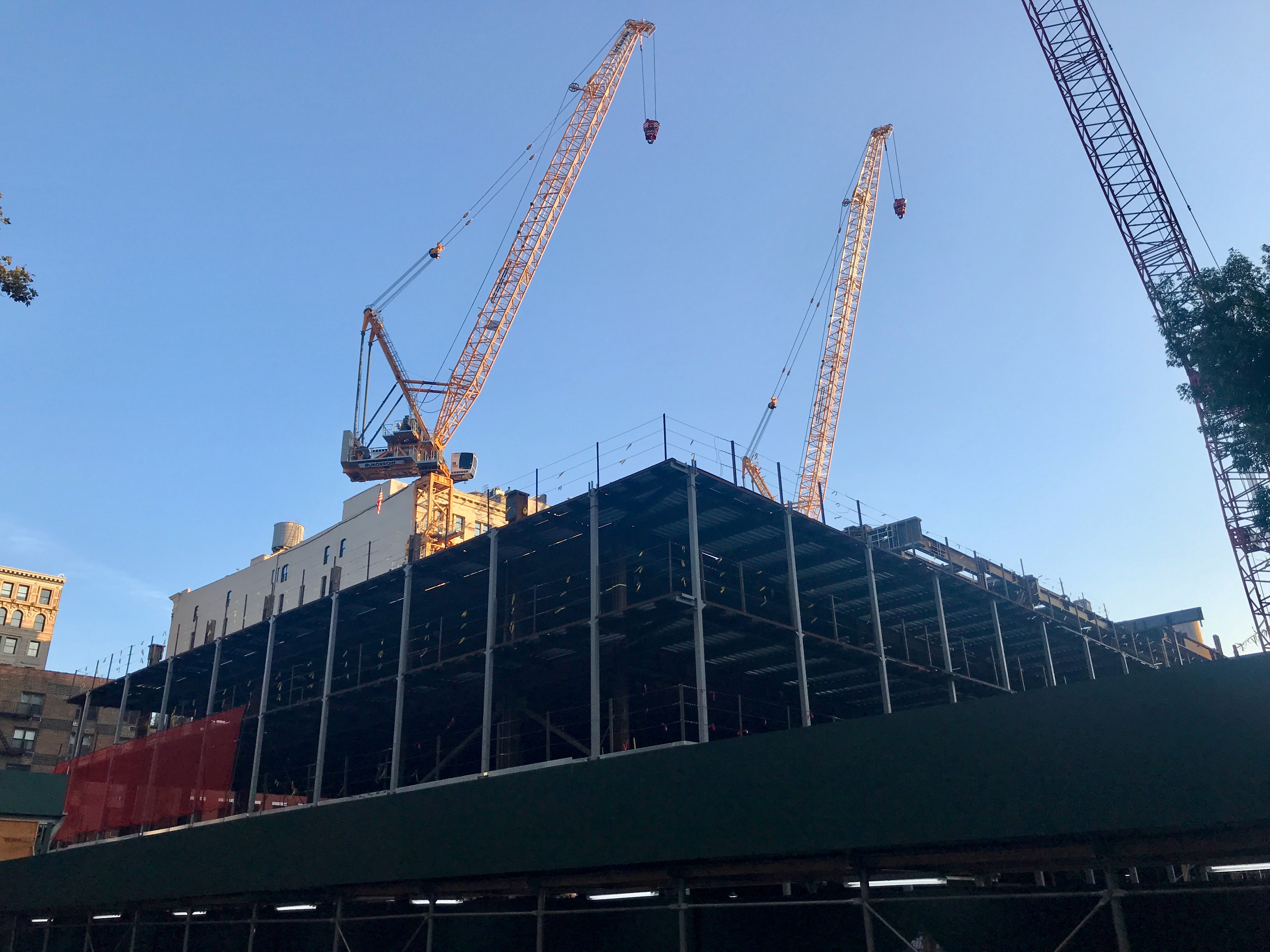
BY GABE HERMAN | Many New Yorkers have probably had the jarring experience of nighttime construction work in their neighborhood and wondered, ‘How is that allowed to happen?’
Now, a bill has been introduced in the City Council that would limit how often such construction can occur.
Council Member Carlina Rivera introduced a bill in late September, co-sponsored by fellow Manhattan Council Members Keith Powers and Helen Rosenthal, that would limit after-hours construction to three days during the week and one day on weekends.
The Department of Buildings has more than doubled the number of after-hours variances (AHV) it has issued in recent years, from 31,569 in 2012 to 67,604 in 2018, according to Rivera’s office.
State Comptroller Thomas DiNapoli’s office found in a 2017 report that citywide construction noise complaints to 311 more than doubled from 2010 to 2015, and that this increase was mostly due to after-hours construction work.
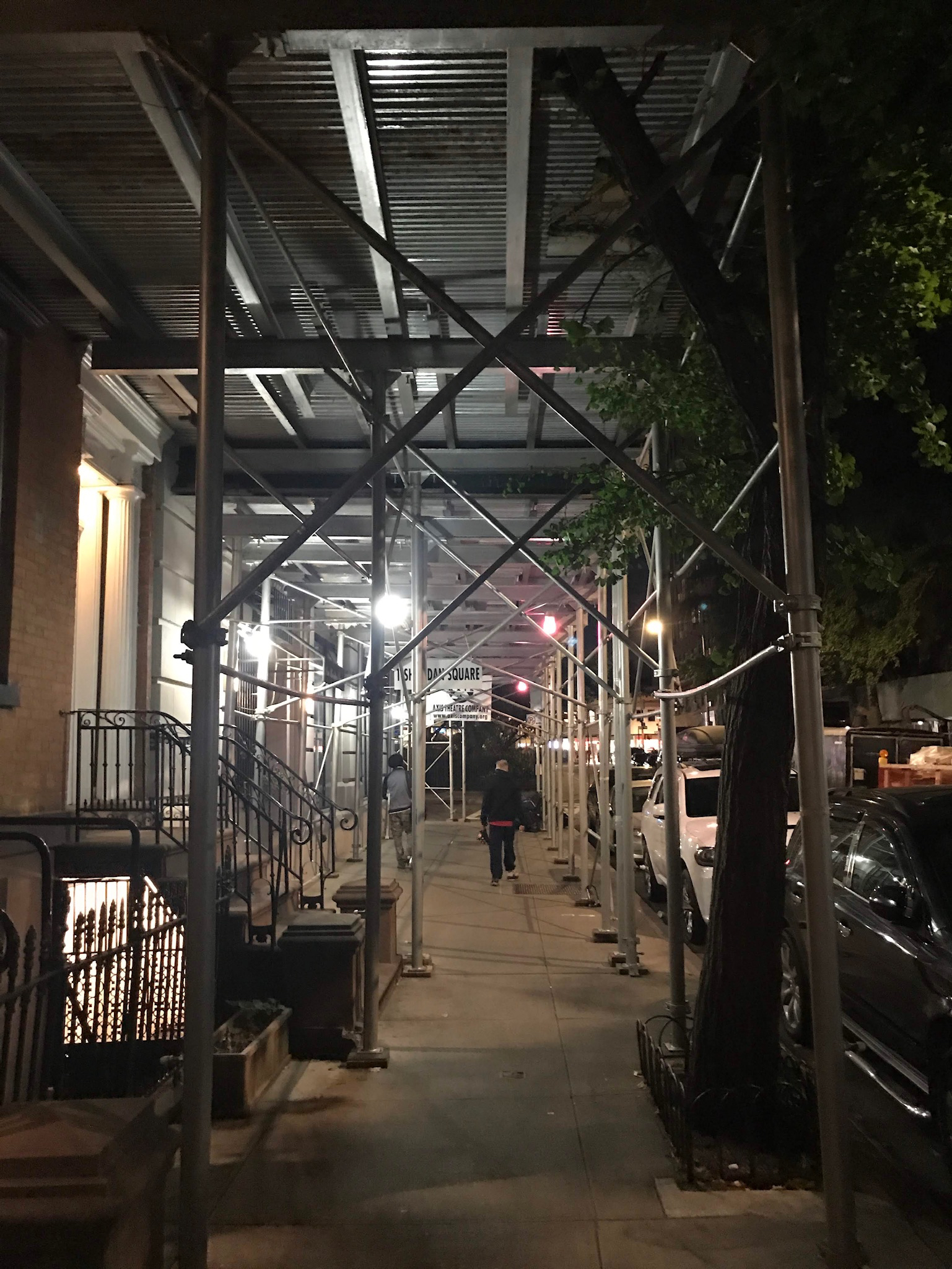
“After-hours variances are handed out like candy by DOB to developers who could easily accomplish their work during normal business hours,” said Rivera. “My district received 25% of the AHVs issued last year alone. These variances really should only be for very rare exceptions, such as emergency work.
“No developer in this city should be proposing a faster-than-normal project timeline that bakes in the assumption that they will be able to do after-hours construction throughout,” Rivera added. “It’s a clear abuse of the system, and it’s important that we ensure our city agencies are focusing on the rights and well-being of our neighbors and not on developers’ bottom lines.”
Research has shown that long-term exposure to constant noise can lead to health issues like hypertension, cognitive impairment and cardiovascular disease, Rivera’s office noted.
The proposed legislation would ban construction work between 10 p.m. and 6 a.m. on weekdays, and between 6 p.m. and 8 a.m. on weekends. If an AHV has already been granted on a block, then another permit could only be granted for the same days and times.
The State Comptroller’s report found that a better review process was needed for DOB’s issuing of after-hours permits, since there is no staff in the Dept. for such reviews. The new bill would provide funding for such DOB staff as part of next year’s budget.
“Every day, my office receives calls about nighttime construction and noise,” said Council Member Keith Powers. “By limiting the number of after-hours variance permits issued, it will directly benefit neighborhoods across my and other districts. I am glad to support legislation that will improve quality of life for my constituents.”






